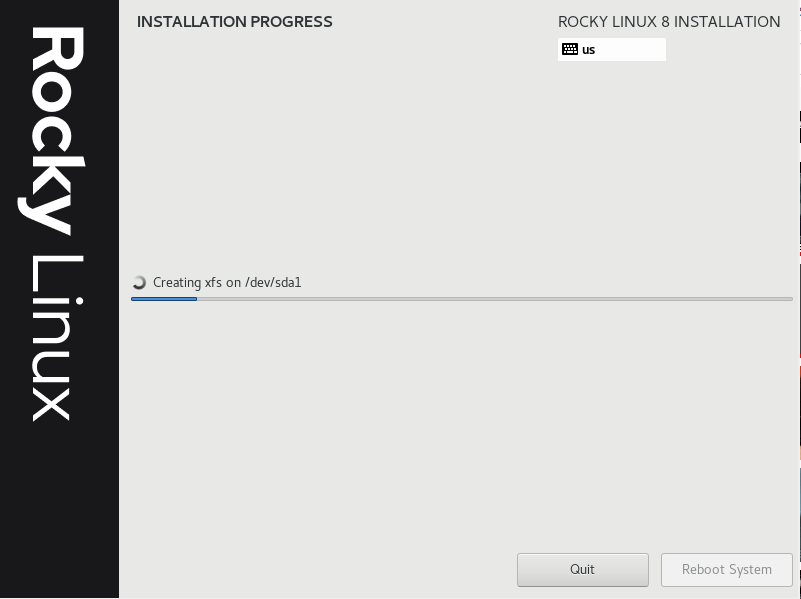

As usual, the packages are provided without any warranty. Use at your own risk! The packages available in these repositories may override packages provided by your chosen distribution. What is included? Packages we build and include here are either not available in the RHEL family and EPEL, or else we needed newer packages than other repositories offer. We are available for hire if you would like other packages built. We make these primarily for our internal use and for our clients, but the general public is welcome to use them too. What is this? We at End Point Dev maintain these dnf/yum repositories of RPMs for the Red Hat Enterprise Linux family: RHEL, CentOS, Rocky Linux, AlmaLinux, and Oracle Linux. (Note that this service previously operated at and moved to on. Verifying : epel-release- 7- 14.End Point Software Package Repositories End Point Software Package Repositories Installing : epel-release- 7- 14.noarch 1/ 1 > Package epel-release.noarch 0: 7- 14 will be installedĮpel-release noarch 7- 14 /epel-release-latest- 7.noarch 25 k Marking epel-release-latest- 7.noarch.rpm to be installed Just type the following yum command on a CentOS 7 or RHEL 7:Įxamining epel-release-latest- 7.noarch.rpm: epel-release- 7- 14.noarch Method #1: Install Extra Packages for Enterprise Linux repository configuration (recommended) The following instructions assumes that you are running command as root user on a CentOS/RHEL 7.x system and want to use use Fedora Epel repository. How to install EPEL repo on a CentOS and RHEL 7.x

The procedure to enable EPEL repository for a CentOS/RHEL 7.x server is as follows: Installing EPEL repository on a CentOS Linux and RHEL 7.x The EPEL repository used by the following Linux Distributions: The EPEL is an acronym for Extra Packages for Enterprise Linux. The EPEL repository was created by the EPEL group working at the Fedora Project.


 0 kommentar(er)
0 kommentar(er)
